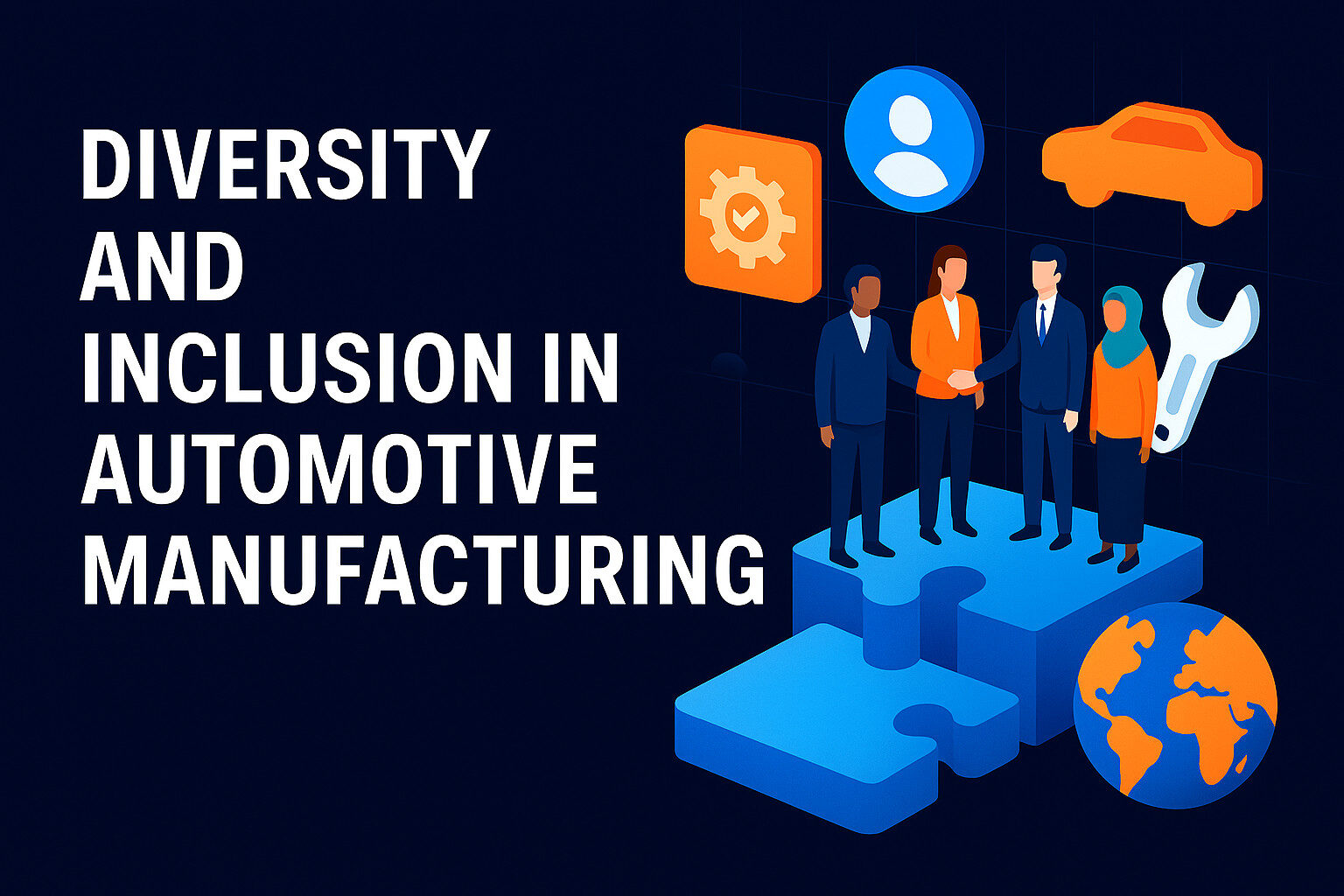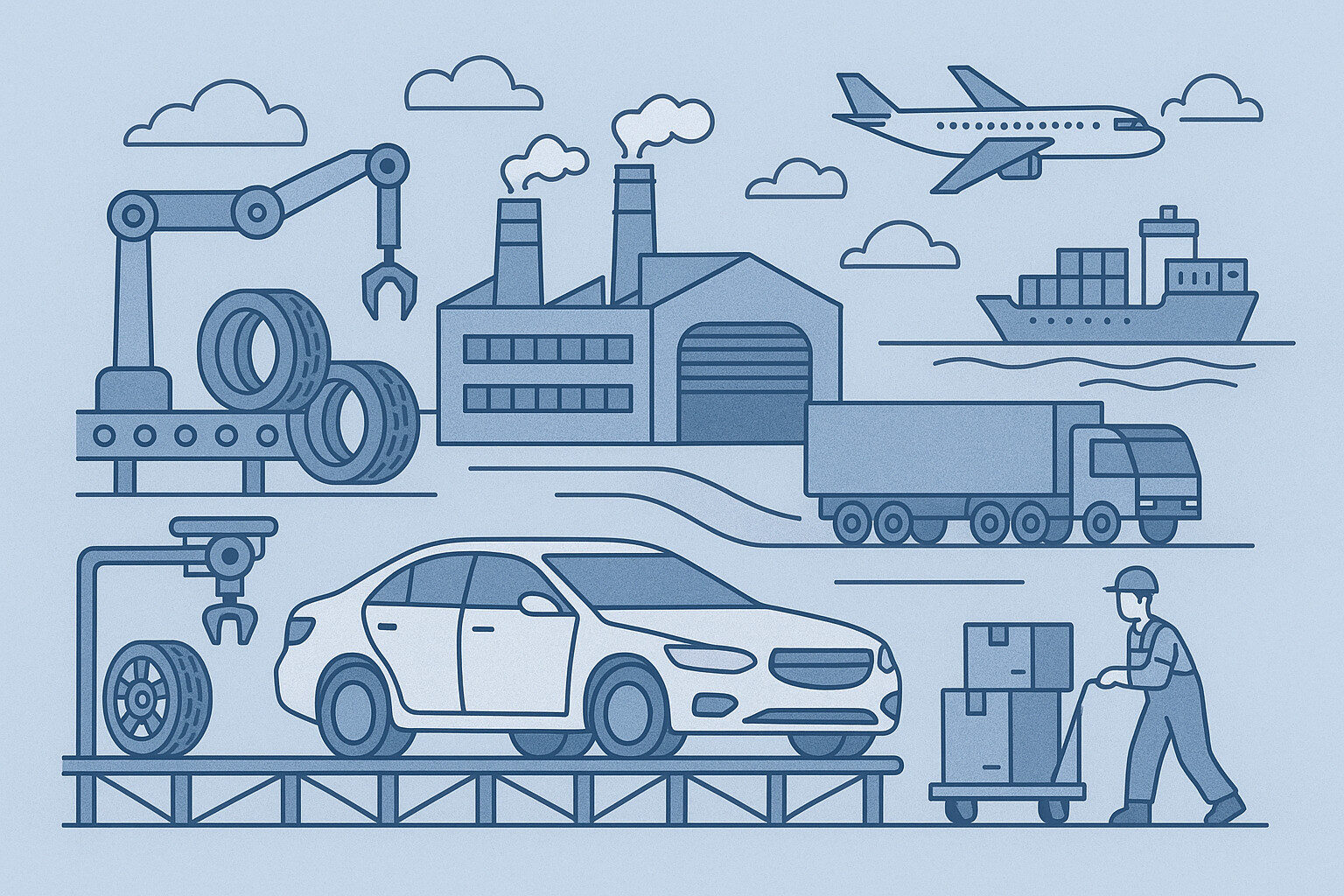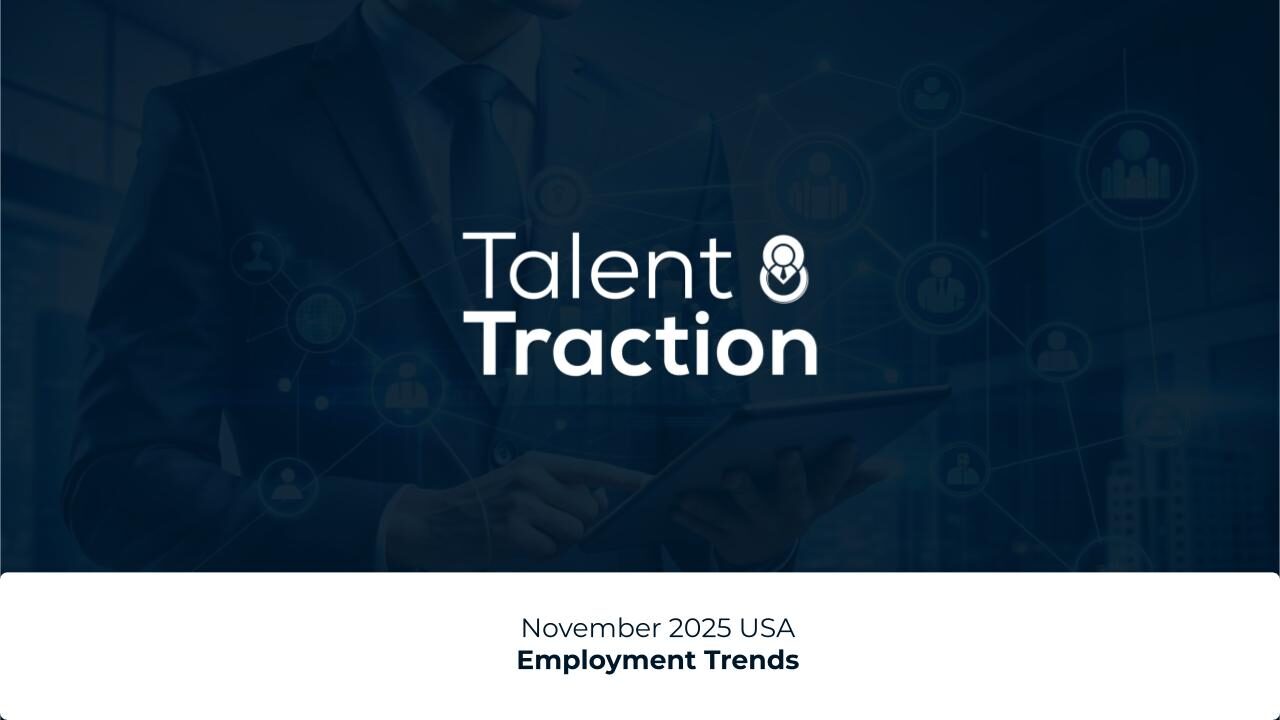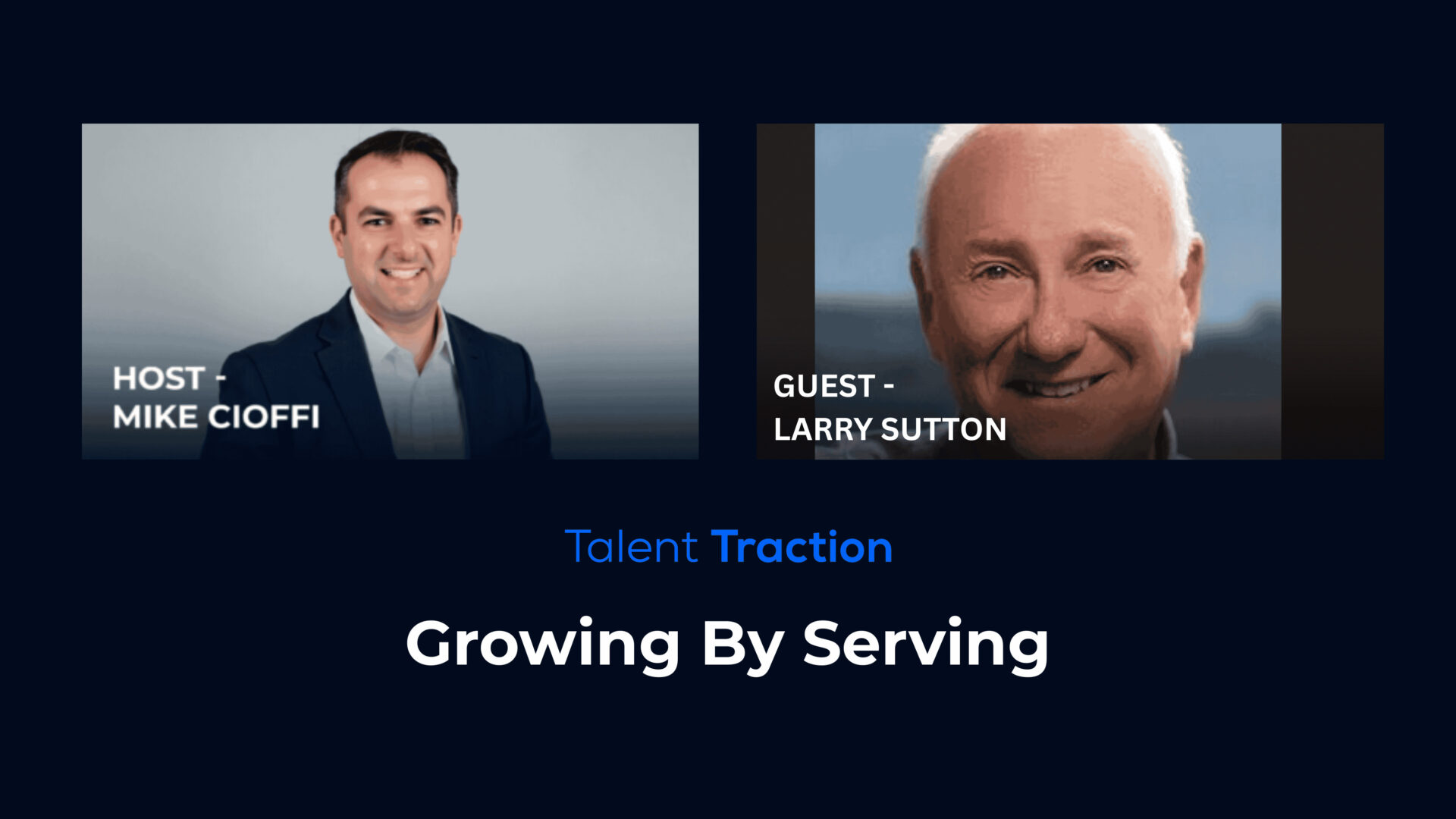The automotive industry in the U.S. is evolving rapidly, and hiring strategies for automotive plants in Atlanta have never been more critical. With Georgia ranking among the top five states for automotive manufacturing investment, Atlanta has become a magnet for OEMs, tier suppliers, and logistics hubs yet it’s also ground zero for talent shortages.
From electric vehicle (EV) production expansions to global supply chain volatility, HR leaders face an uphill battle to fill essential logistics, engineering, and operations roles. This post breaks down how Atlanta’s automotive employers can use data-driven recruiting practices and the Talent Traction Hiring Framework to address their talent gaps strategically and sustainably.

1. Why Atlanta Is Emerging as a U.S. Automotive Powerhouse
Atlanta and the broader Georgia manufacturing corridor have become hotbeds for EV, automotive, and logistics investments.
- Kia Motors Manufacturing Georgia employs over 3,000 workers in West Point, producing more than 340,000 vehicles annually.
- Hyundai Motor Group is investing $7.6 billion in a new EV Metaplant in Bryan County, expected to create 8,500 direct jobs.
- SK On, a major EV battery manufacturer, is partnering with Hyundai and Ford, adding over 3,500 skilled positions in Georgia.
- The Port of Savannah, the fastest-growing container port in the U.S., supports global export logistics for more than 65 auto-related companies.
This convergence makes Atlanta a logistics and manufacturing nerve center. However, growth has outpaced workforce supply particularly in supply chain coordination, materials planning, and industrial maintenance.
According to the Georgia Department of Labor (2024), manufacturing job openings have increased by 21% year-over-year, but qualified candidates lag by nearly 30%.
2. The Root Cause of the Talent Gap
To fix the problem, companies must understand it. Automotive HR leaders in Atlanta cite five recurring challenges:
a) Supply Chain Complexity
Atlanta’s automotive ecosystem is deeply interconnected with local plants relying on global tier suppliers and domestic trucking/logistics hubs. Hiring professionals who can navigate this complexity (ERP systems, import/export compliance, just-in-time logistics) is tough.
b) EV Transformation
The shift to electric mobility has redefined technical skill requirements. Workers with experience in battery production, software integration, and energy management are rare and expensive.
c) Generational Turnover
Baby Boomers are retiring faster than replacements are entering. In Georgia manufacturing, 1 in 4 skilled technicians are over 55 years old.
d) Competition from Other States
Neighboring states like Tennessee (home to GM’s Ultium Cells plant) and Alabama (Mercedes-Benz, Toyota) are poaching Atlanta’s workforce with relocation incentives.
e) Perception Gap
Younger workers often perceive manufacturing as “old economy.” Employers fail to communicate modern benefits automation, clean tech, and career growth.
3. The Data-Backed Hiring Landscape
To build effective hiring strategies, we must look at Atlanta’s labor data and compensation trends:
Role | Average Salary (Atlanta, GA) | Growth (YoY) | Key Skill Demand |
Supply Chain Manager | $104,000 | +11% | SAP, Demand Forecasting, Lean |
Logistics Coordinator | $62,500 | +8% | ERP, Distribution Management |
Industrial Engineer | $92,300 | +10% | Six Sigma, Plant Simulation |
Maintenance Technician | $66,200 | +7% | PLC Programming, Mechatronics |
EV Battery Technician | $78,400 | +14% | Energy Systems, Quality Control |
(Source: U.S. Bureau of Labor Statistics, Georgia DOL, and Indeed Salary Insights 2024)
Despite attractive pay, the time-to-fill for logistics and manufacturing roles in Atlanta averages 45–65 days, nearly 1.5× the national median, indicating systemic recruitment bottlenecks.
4. Applying the Talent Traction Hiring Framework
To close the gap, employers should operationalize hiring using Talent Traction’s 5-Phase Framework, a system proven to align workforce goals with business outcomes.
Phase 1: Target Setting Define What Success Looks Like
Before posting a job, define clear, measurable 12-month KPIs.
For instance, when hiring a Supply Chain Analyst, don’t list 50 tasks identify success metrics:
- Reduce freight spend by 5% within 12 months
- Improve inventory accuracy to 98%+
- Decrease supply delays by 15% quarter-over-quarter
This approach clarifies expectations for candidates and hiring teams alike. It also differentiates your job postings in a crowded market.
“Clarity attracts the right people not just more applicants.”
Phase 2: Road Mapping Design the Hiring Process
Create a recruiting roadmap to ensure consistency and accountability.
Example for an Atlanta automotive plant:
- Week 1: Define KPIs and stakeholder alignment (Plant HR + Supply Chain Director)
- Week 2–3: Source both active and passive candidates through LinkedIn Recruiter and industry referrals
- Week 4: Begin structured screening with performance-based questions
- Week 5: Final interviews + offer alignment
Key Insight: Passive talent (employed professionals open to change) accounts for 73% of the manufacturing candidate pool. You can’t reach them with job boards alone outbound sourcing is essential.
Phase 3: Recruiting Build the Pipeline
Recruiters must balance automation and personalization.
- Use AI-powered tools (like hire.talenttraction.org) to write outcome-based job descriptions that emphasize career growth.
- Personalize outreach using candidate intelligence (years in automotive, project impact, certifications).
- Leverage Atlanta’s trade networks Georgia Automotive Manufacturers Association (GAMA) and Georgia Tech’s Supply Chain & Logistics Institute for niche sourcing.
- Engage with technical colleges (Gwinnett Tech, Chattahoochee Tech) to create pre-apprenticeship pathways.
Tip: Recruiting for automotive logistics should highlight problem-solving and innovation, not just operations.
Example job tagline:
“Join an Atlanta plant transforming EV logistics where process innovation meets purpose.”
Phase 4: Decision Making Hire the Right Person, Not the Fastest
In manufacturing, urgency often leads to “warm body” hires. But data shows poor-fit employees are 2× more likely to leave within 12 months.
Adopt structured interviews using a Hiring Scorecard, assessing candidates on:
- Technical expertise (ERP systems, warehouse management)
- Behavioral alignment (adaptability, collaboration)
- Performance history (impact metrics from prior roles)
Integrate peer interviews with logistics supervisors, engineers, or quality control specialists to assess real-world compatibility.
Data Insight: Companies using structured interviews experience 36% lower turnover within the first year (LinkedIn Global Talent Report 2024).
Phase 5: Post-Hire Onboarding & Retention
Hiring doesn’t end at offer acceptance. A strategic onboarding plan increases retention by up to 82%.
For Atlanta automotive plants:
- Provide plant tours + mentorship pairing during week one.
- Establish 30-60-90 day success checkpoints tied to the KPIs defined in Target Setting.
- Create internal growth ladders (technician → lead → supervisor).
- Recognize early wins publicly to reinforce performance culture.
Additionally, invest in cross-training programs. Employees trained across functions (maintenance, quality, logistics) are 22% more likely to stay long-term.

5. Addressing Atlanta’s Supply Chain Talent Shortage
The supply chain crisis of 2020–2023 reshaped workforce priorities. Now, 68% of automotive executives cite talent availability as their biggest operational constraint (KPMG Auto Executive Survey 2024).
Atlanta, home to Hartsfield-Jackson International Airport and proximity to Savannah’s port, plays a strategic role in freight distribution but lacks logistics leadership capacity.
Solution Pathways:
- Promote career storytelling highlighting how logistics drives sustainability, efficiency, and innovation.
- Re-skill warehouse employees into inventory analysts via funded training.
- Offer tuition sponsorships in supply chain analytics and automation (partner with Georgia Tech or Kennesaw State).
- Adopt hybrid scheduling for non-production roles to widen talent reach.
Talent Traction research shows Atlanta-based manufacturers that implemented learning and development incentives saw retention jump 18% within one year.
6. Employer Branding: Competing for Talent Against Tech Giants
Atlanta’s talent market overlaps with logistics tech employers UPS, Delta TechOps, NCR, and Amazon Robotics. Automotive companies must modernize their employer brand to compete.
Your message to candidates should highlight:
- Purpose: “Building the future of clean mobility.”
- Technology: “AI-driven supply optimization.”
- Culture: “Cross-functional, safety-first, people-first.”
- Growth: “Structured career paths in operations and leadership.”
According to Glassdoor, 76% of job seekers research employer reputation before applying. Investing in branding (videos, employee testimonials, transparent job posts) pays off exponentially.
7. Compensation & Flexibility Trends
To attract the best logistics and manufacturing professionals, compensation must stay competitive with regional benchmarks.
Atlanta Market Snapshot (2024):
- Average pay increase: +5.6% YoY across automotive manufacturing roles.
- Sign-on bonuses: 1 in 3 Atlanta plants now offer $2,000–$5,000 incentives.
- Shift differentials: Up to 12% premium for night and weekend shifts.
- Flexible scheduling: 48% of manufacturers allow 4-day workweeks for eligible employees.
Retention isn’t just about pay, career visibility and recognition are equally crucial. Managers who discuss career goals quarterly see 47% higher engagement scores (Gallup Workplace Report 2024).

8. Diversity and Inclusion in Automotive Manufacturing
Diverse teams drive better problem-solving and innovation especially in logistics and operations where complexity reigns.
Atlanta’s automotive ecosystem offers a unique advantage: a rich, multicultural labor pool. The key is inclusive recruiting practices.
Practical Steps:
- Partner with local trade schools and veterans’ programs.
- Write job descriptions free of gender-coded language.
- Train hiring managers on bias-aware evaluation.
- Track diversity metrics at each hiring funnel stage.
Diverse manufacturing teams outperform homogeneous ones by 35% in productivity and innovation metrics (McKinsey “Diversity Wins” 2023).
9. The Role of Technology in Modern Recruiting
Automation isn’t just for production lines, it’s revolutionizing hiring.
Best Tools for Automotive HR Teams in Atlanta
- hire.talenttraction.org: AI-assisted platform to craft high-impact job descriptions in minutes.
- LinkedIn Recruiter Insights: Filter candidates by automotive experience + logistics keywords.
- Workable / Greenhouse: Integrate scorecards and multi-stage interview pipelines.
- Power BI dashboards: Track time-to-fill, cost-per-hire, and source performance.
Pro Tip: Use predictive analytics to forecast turnover and adjust workforce planning before disruptions occur.
10. Looking Ahead: Building the Workforce of the Future
By 2030, Georgia’s automotive industry will employ over 60,000 professionals, driven largely by EV manufacturing and smart logistics integration.
To stay ahead, employers must combine:
- Technology-driven recruiting
- Human-centered onboarding
- Continuous learning ecosystems
And most importantly, hire not just for today’s roles but for tomorrow’s evolution.
Conclusion
Atlanta’s automotive industry is booming but growth without workforce readiness is unsustainable. The path forward lies in strategic, data-informed hiring built on the right foundation.
By applying the Talent Traction Hiring Framework, automotive manufacturers can:
- Define measurable outcomes before recruiting
- Design smarter, faster hiring roadmaps
- Source passive and diverse candidates
- Make high-quality, bias-free hiring decisions
- Build retention through structured onboarding
Ultimately, the best hiring strategies for automotive plants in Atlanta combine precision with empathy treating talent as the engine of innovation.
If you’re ready to refine your hiring system or build your logistics and supply chain bench, visit TalentTraction.org to learn how our proven frameworks and AI-powered recruiting tools can help you attract the right people faster.




